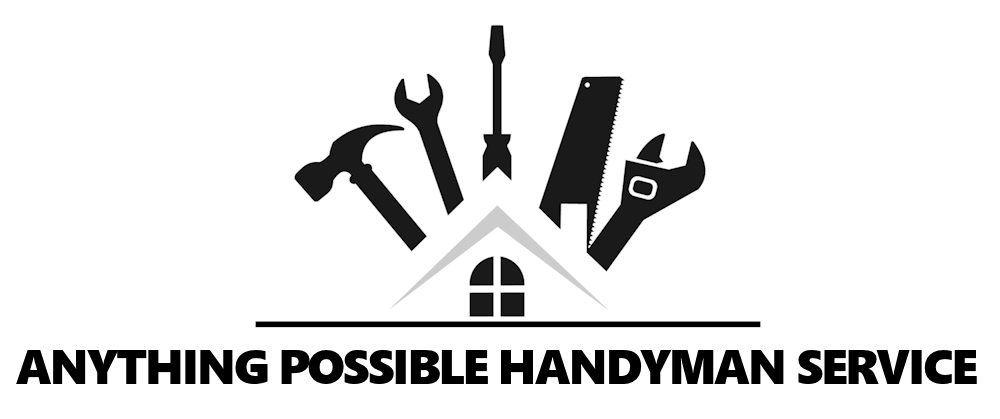Building effective communication in the service industry has become a hallmark of successful businesses today. With the right approach, anything becomes possible when serving customers, whether you’re a large corporation or a local handyman. The key lies in developing professional systems that facilitate clear understanding, set proper expectations, and handle even the most challenging situations with grace. Communication isn’t just about talking – it’s about creating a framework where customers feel valued, informed, and respected throughout their experience with your business.
Many service providers underestimate how much proper communication impacts customer satisfaction. When a handyman arrives at a home to complete repairs, the difference between a satisfied and dissatisfied customer often has little to do with technical skill. Instead, it comes down to how well the service provider communicates throughout the process. Establishing professional communication systems doesn’t require complex technology or extensive training – it simply requires thoughtfulness about how you interact with customers at every touchpoint. When implemented correctly, these systems make exceptional service possible for businesses of any size.

- Building strong relationships through transparent communication is key to effective customer service. Source: @merfantz – fieldax.com
Clear Communication Strategies: Creating an effective customer service foundation through transparent communication, visual aids, and keeping clients informed throughout the repair process
Transparency forms the bedrock of effective customer service, especially in the handyman industry where clients may not understand technical aspects of repairs. Clear communication begins with explaining processes in simple, jargon-free language that anyone can comprehend. Visual aids like diagrams, before-and-after photos, or even quick sketches can help clients visualize what needs to be done and how the repair will progress. These visual elements bridge the knowledge gap between professional and client, making anything that might seem complicated much more accessible to the average homeowner.
Keeping clients informed throughout the repair process demonstrates respect and builds trust. A professional handyman knows the importance of providing regular updates about project status, unexpected challenges, and timeline adjustments. This ongoing communication prevents misunderstandings and allows clients to feel connected to the work being done in their homes. When clients understand what’s happening at each stage, they’re more likely to be satisfied with the final result and appreciate the expertise that made their repair possible. This level of transparency transforms an ordinary service call into an educational experience that clients value.

- Strategic expectation management is crucial for customer satisfaction and repeat business. Source: @merfantz – fieldax.com
Managing Customer Expectations: Setting proper expectations through detailed estimates, written documentation, and following up after job completion to ensure satisfaction
One of the most important aspects of professional communication is setting and managing customer expectations from the very beginning. When a handyman provides detailed written estimates that clearly outline scope, materials, timeline, and costs, they establish a foundation of understanding that prevents future disappointments. Written documentation serves as both a reference point and a promise to the customer about what they can expect. This practice makes it possible to avoid the scenario where a customer feels blindsided by costs or timeline extensions that weren’t initially discussed.
Following up after job completion demonstrates a commitment to customer satisfaction that goes beyond the bare minimum. A professional handyman knows that the relationship doesn’t end when the work is complete – checking in days or weeks later shows genuine care for the quality of workmanship and customer experience. This follow-up creates an opportunity to address any issues that might have arisen, gather valuable feedback for improvement, and solidify a positive impression that encourages repeat business and referrals. When customers feel their satisfaction matters even after payment has been received, they develop loyalty that’s impossible to buy through marketing alone.

- Prompt and effective solutions help turn challenging situations into success stories. Source: @merfantz – fieldax.com
Handling Difficult Situations: Techniques for dealing with unhappy customers by prioritizing customer service, addressing concerns promptly, and finding solutions that demonstrate commitment to customer satisfaction
Even with the best preparation and communication, challenging situations will occasionally arise. When facing an unhappy customer, a successful handyman knows that prioritizing customer service is essential. This means actively listening to concerns without interruption or defensiveness, acknowledging the customer’s feelings as valid, and expressing genuine empathy. The ability to remain calm and solution-focused when tensions rise is what sets truly professional service providers apart. By approaching difficult conversations with respect and patience, a handyman can convert negative experiences into positive resolutions.
Addressing concerns promptly and finding creative solutions demonstrates a commitment to customer satisfaction that builds trust even in tough circumstances. When a handyman takes ownership of problems and focuses on making things right rather than assigning blame, they show integrity that customers deeply appreciate. This might mean returning to fix something at no additional charge, offering a discount on future services, or finding another way to make amends. The goal isn’t just to resolve the immediate issue but to preserve and even strengthen the relationship. A handyman who handles difficult situations with grace and professionalism can inspire customers to feel confident recommending their services to others.

- Professional communication systems ensure seamless operations and satisfied clients. Source: anythingpossiblehandyman.com
Professional Communication Systems: Implementing structured communication practices including documentation of important details, clear pricing, and establishing regular check-in protocols with clients before, during, and after projects
Creating systematic approaches to communication elevates a handyman business from good to exceptional. Documentation of important details should become second nature – recording client preferences, property specifics, and project requirements in writing prevents misunderstandings and demonstrates professionalism. Clear pricing structures that explain how costs are calculated and what factors might affect the final price help clients feel informed rather than surprised. When a handyman implements these structured practices consistently, they make reliable service possible while reducing the stress that comes with mismatched expectations.
Establishing regular check-in protocols creates predictability that clients value. Professional handymen develop standard practices for communication before projects (confirming details and scheduling), during work (providing progress updates and discussing any discoveries), and after completion (ensuring satisfaction and addressing any concerns). These consistent touchpoints help clients feel valued and informed throughout their experience. When communication becomes a deliberate system rather than an afterthought, handymen create a professional impression that distinguishes them from competitors who may have similar technical skills but lack the customer service foundation that builds lasting business relationships.
